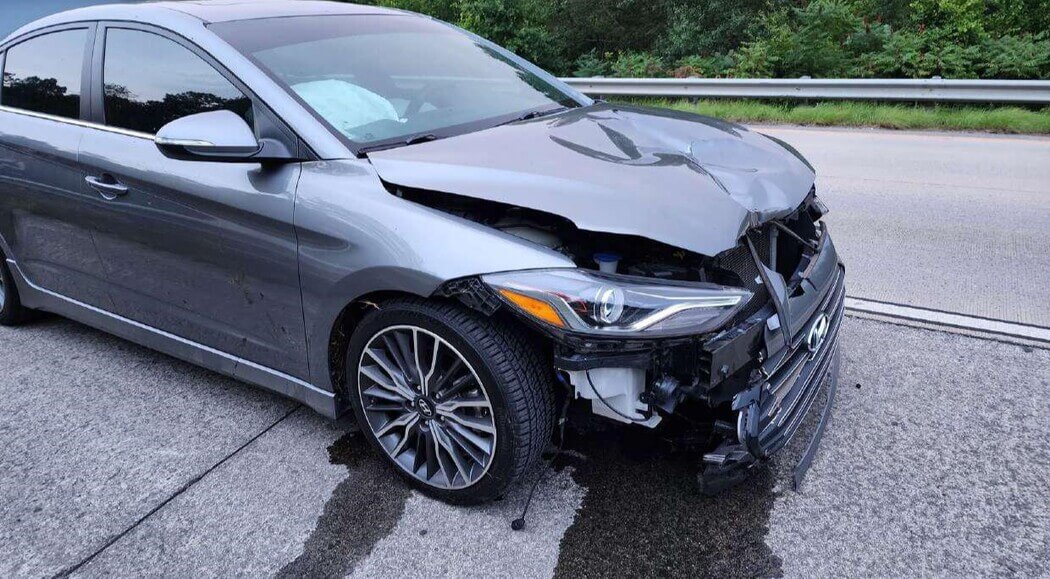When a Car Is Totaled, How Does the Insurance Company Determine the Value of the Vehicle?
In the aftermath of a substantial accident, insurance providers may categorize your vehicle as a total loss, prompting inquiries into the compensation you might receive.
The intricacies of how insurance companies calculate the value of a totaled car are multifaceted, with various factors influencing the final determination.

How Your Insurance Decides What Your Totaled Car is Worth (PDF)
Deciphering a Total Loss Vehicle
The designation of a vehicle as “totaled” or a “total loss” occurs when the cost of repairing it exceeds its market value. Essentially, if the repairs prove economically unfeasible, the insurance company intervenes with a total-loss payout settlement. However, this settlement hinges on the actual cash value (ACV) of the vehicle, not its original purchase price.
Factor in the depreciation of the car, and the resulting payout is often less than the initial investment, even for relatively recent vehicles.
Your vehicle is totaled IF: Cost of Repair + Salvage Value > ACV
Factors Guiding Value Calculation
Determining the value of a car involves a meticulous examination of several critical factors:
- Damage Severity: The severity and type of damage are critical factors influencing the determination of whether the vehicle is viable for repairs or if it should be declared a total loss.
- Vehicle’s Age: Older models may confront challenges in locating replacement parts, influencing the decision to declare the vehicle a total loss.
- Brand, Model, and Trim Level: The amalgamation of a vehicle’s brand, model, and trim level, coupled with its age, significantly shape its actual worth.
- Recoverable Costs: The amount the insurer can recoup by salvaging the automobile is a key consideration. If selling it to a junkyard yields superior returns, the vehicle is more likely to be classified as a total loss.
Addressing Discrepancies in Insurance Appraisals
In the event of a disagreement with the insurance company’s appraisal, there are several avenues to explore:
- Discussion with Examiner: Engage in a meaningful conversation with the claims examiner, emphasizing the gravity of the accident, any enhancements or repairs made, and the resultant financial impact.
- Expert Evaluation: If dialogues prove unproductive, consider hiring an independent appraiser, such as Appraisal Engine, to ascertain the authentic value of the vehicle. Discover the actual cash value of your car for FREE.
- Contemplating a Change of Insurers: While a more involved process, contemplating a change of insurers becomes an option if all else fails. This guarantees a fresh evaluation of the vehicle’s worth.
In conclusion, the process of determining the value of a totaled car is intricate, with numerous considerations coming into play. Equipping oneself with an understanding of these factors facilitates more adept navigation of the claims process, ensuring equitable compensation for the loss of the vehicle.




